Whoever is not tied to possessions, clinging neither to body nor mind, is never in bondage
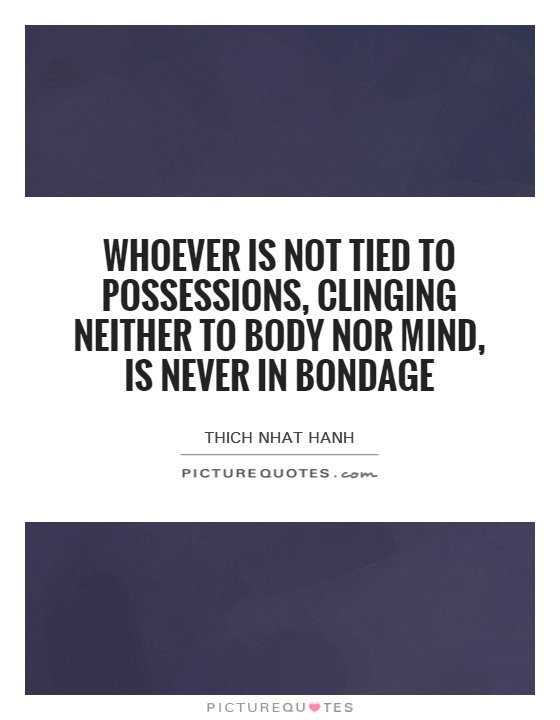
Whoever is not tied to possessions, clinging neither to body nor mind, is never in bondage
Thich Nhat Hanh, a renowned Vietnamese Buddhist monk and peace activist, often speaks about the concept of non-attachment and the freedom it brings. In his teachings, he emphasizes the importance of letting go of our attachments to possessions, our bodies, and our minds in order to experience true liberation.The quote "Whoever is not tied to possessions, clinging neither to body nor mind, is never in bondage" encapsulates the essence of Thich Nhat Hanh's teachings on non-attachment. He believes that our attachments to material possessions, our physical bodies, and our thoughts and emotions are what keep us trapped in a cycle of suffering and dissatisfaction. By letting go of these attachments, we can free ourselves from the bondage of our own making.
Thich Nhat Hanh teaches that true freedom comes from being able to let go of our attachments and live in the present moment with mindfulness and awareness. When we are not tied to possessions, we are not constantly seeking happiness and fulfillment through external means. Instead, we can find contentment and peace within ourselves, regardless of our external circumstances.
Similarly, when we are not clinging to our bodies, we are able to see beyond the limitations of our physical form and connect with the interconnectedness of all beings. By letting go of our identification with our bodies, we can transcend the boundaries of self and experience a sense of oneness with the universe.
Furthermore, when we are not attached to our minds, we can free ourselves from the constant chatter and noise of our thoughts and emotions. Instead of being controlled by our minds, we can observe them with detachment and cultivate a sense of inner peace and clarity.
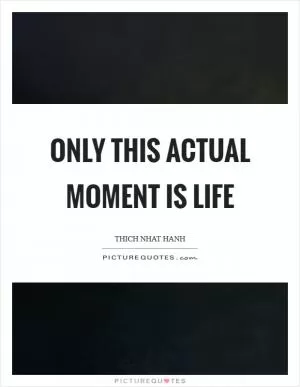
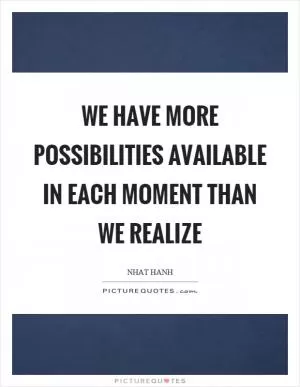
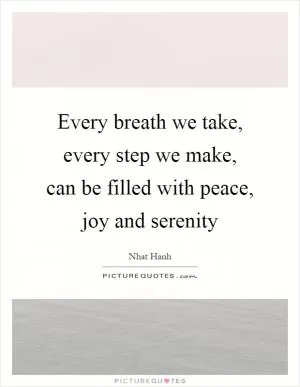
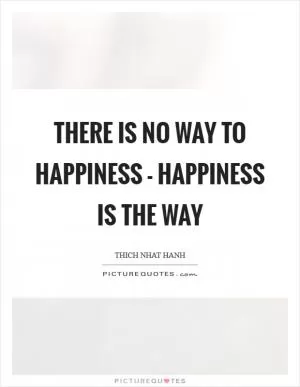

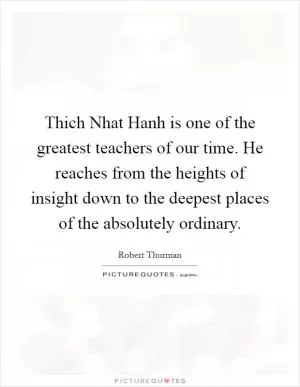
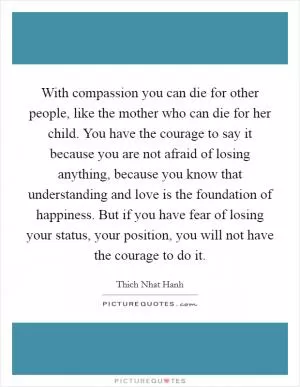
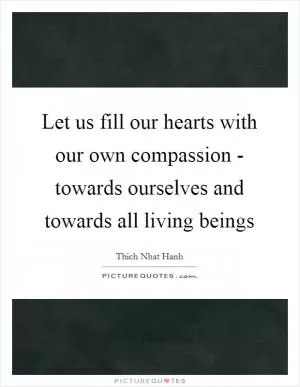
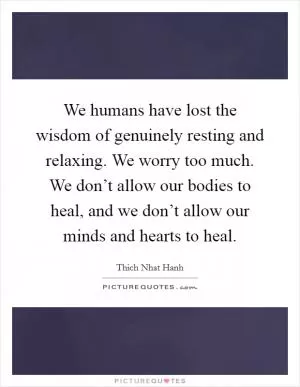
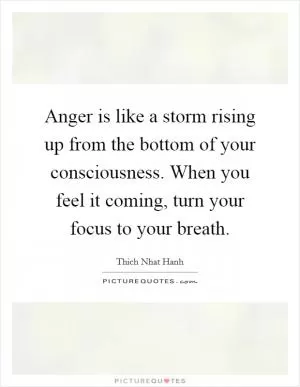

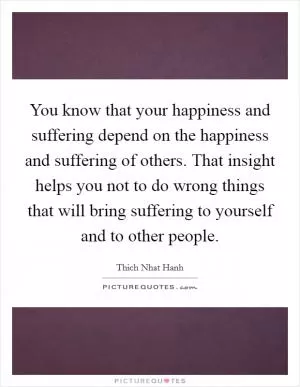
 Friendship Quotes
Friendship Quotes Love Quotes
Love Quotes Life Quotes
Life Quotes Funny Quotes
Funny Quotes Motivational Quotes
Motivational Quotes Inspirational Quotes
Inspirational Quotes